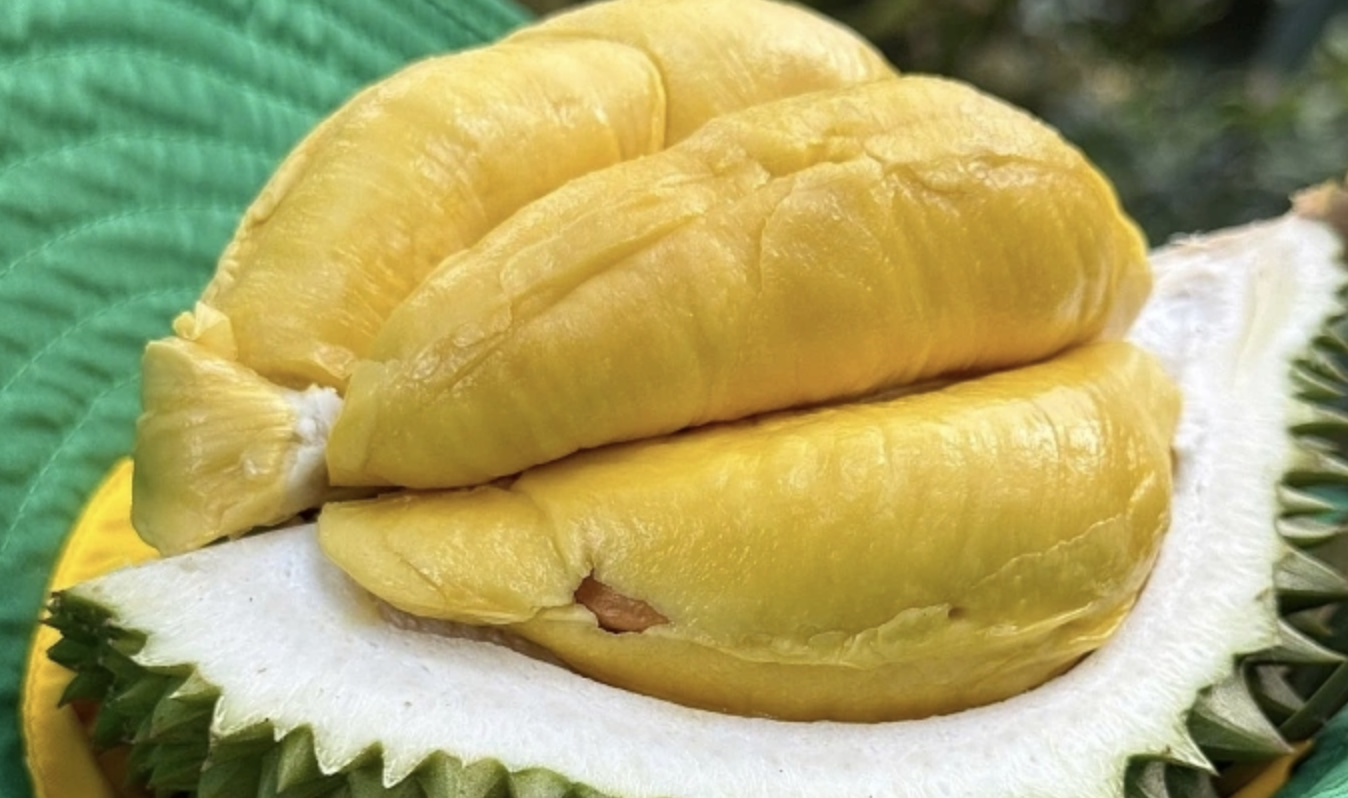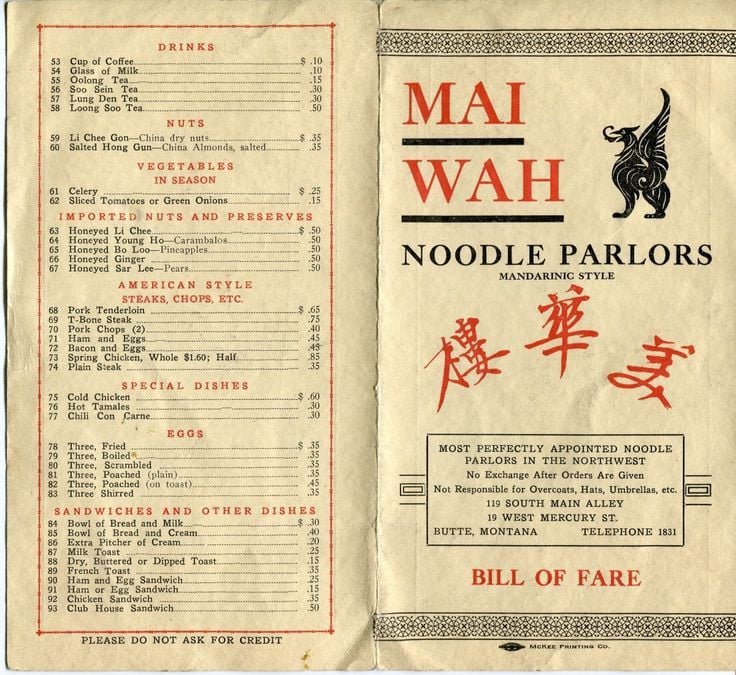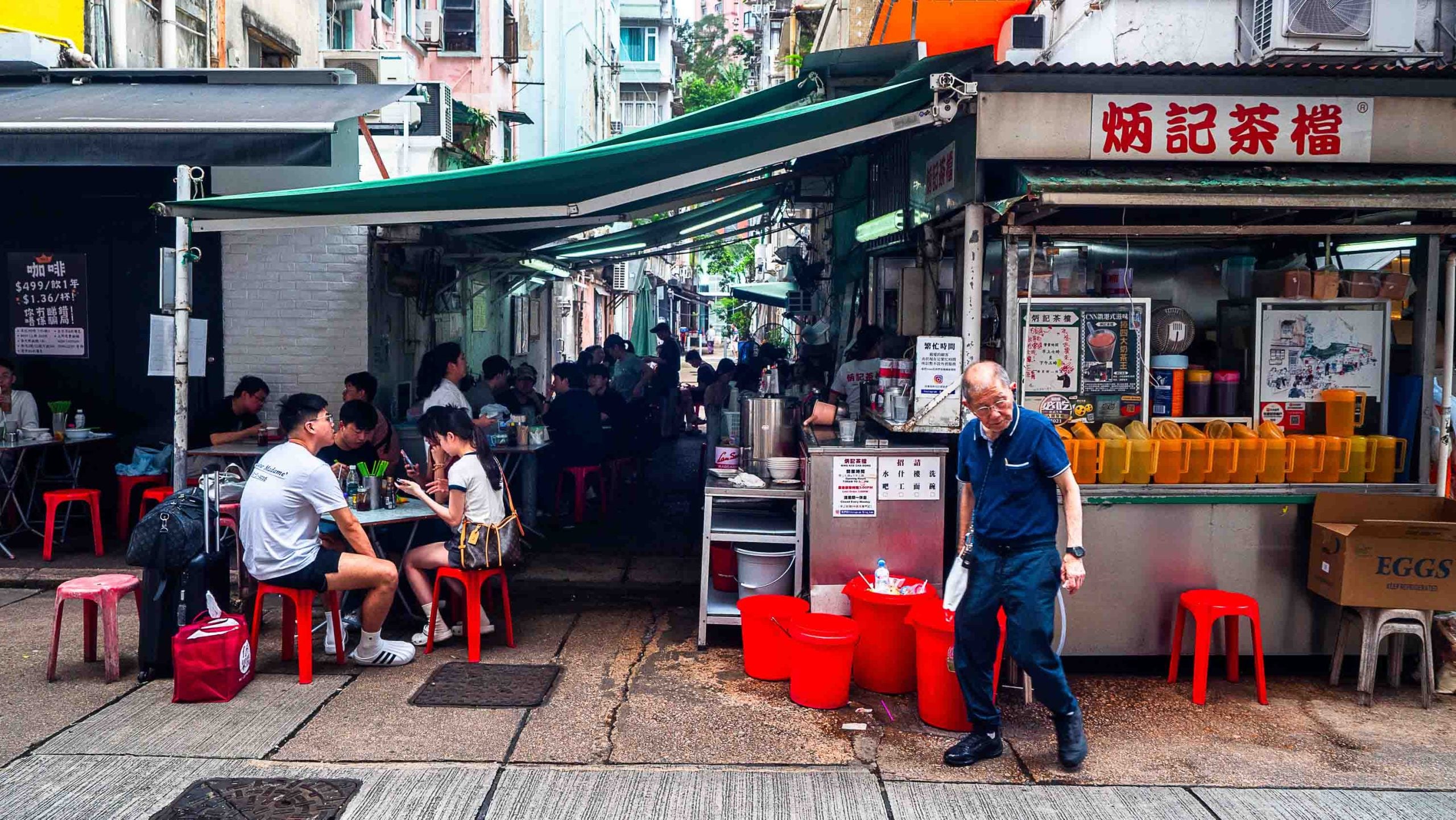Lettuce. Tomato. Onion. Ketchup. Mustard. Cheese. These are the things that go on top of burgers. But now, as the burger competition in China’s F&B market heats up, there is another, less obvious topping to slide between two soft buns: tofu.
That’s right, tofu — and not just any tofu, but a riff on Sichuan dish mapo tofu, or pock-marked grandmother’s tofu, a chili-infused classic from southwestern China. This isn’t a vegetarian special, either: it’s the latest in burger localization from a venerated American chain as it enters China.

When White Castle, an American F&B brand with nearly 100 years of history, entered China’s RMB 3.5 trillion fast-casual dining market, they knew they had to do it with some local flair. “We thought it would be a no-brainer to start with a mapo tofu burger,” says Jason Poon, General Manager for White Castle’s joint venture in China. “And we were right.” Though open for only a few months, the chain is selling nearly 100 Spicy Tofu Sliders, as they are known on the menu, every day.
“We were playing with the idea of constructing a whole meal within a slider — it’s small, basically a snack,” Poon says. “And our US CEO said to me, as long as it fits on a classic slider, which is two inches by two inches, then we have free rein to do what we wanted.”
“Our challenge was that a ‘tofu burger’ sounds like it would be vegetarian,” Poon continues. “But we were trying to surprise people — instead of substituting tofu for beef, we were using it instead of cheese.“

Poon says that people have responded really well to White Castle’s China operation, and a search on Dazhong Dianping, the Chinese Yelp, proves his point. More than one third of the over 700 reviews mention the Spicy Tofu Slider, most positively, with Chinese consumers calling it creative, “a perfect match,” and a surprise.
“Foodwise, that’s been one of the major talking points in the media about us and it’s one of the top two or three sellers.” But before they got to this point, says Poon, the fast-casual brand conducted thorough market research to identify high-level trends that would apply to them, including nostalgia and indulgence, which they then carried over into the R&D phase. According to Poon, the next round of localized products will hew more closely to these insights. A foie gras slider may or may not be in the works, for example.
As far as how to handle the challenge of localizing enough but not too much (like KFC’s Beijing Chicken Twister, which might have strayed too far from the brand’s core menu and into over-localization), Poon says that White Castle went to great pains to make sure the core menu was identical to that in the US, and would retain its authenticity, a crucial factor for attracting customers.

That said, they have adopted an iterative approach to the 20-30 localized sliders they have developed, and prefer to put them directly into market testing — that is, straight onto the menu — rather than bother with focus groups. As Poon says, “I envision us localizing more and more in the coming months.”



















